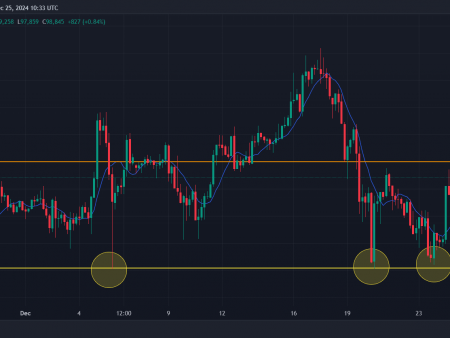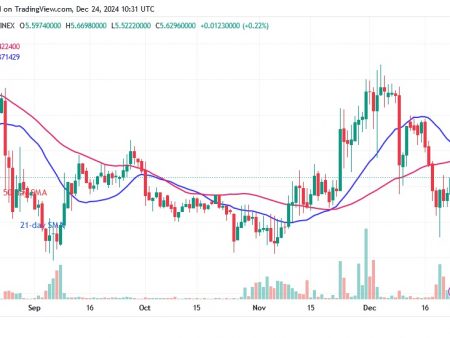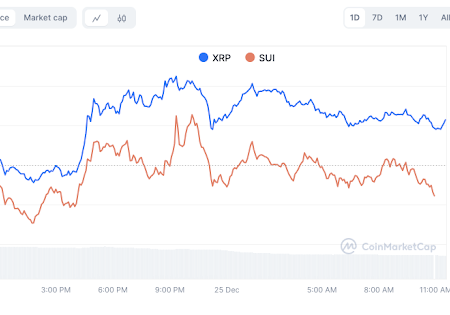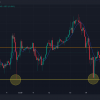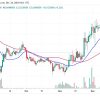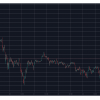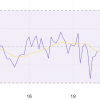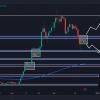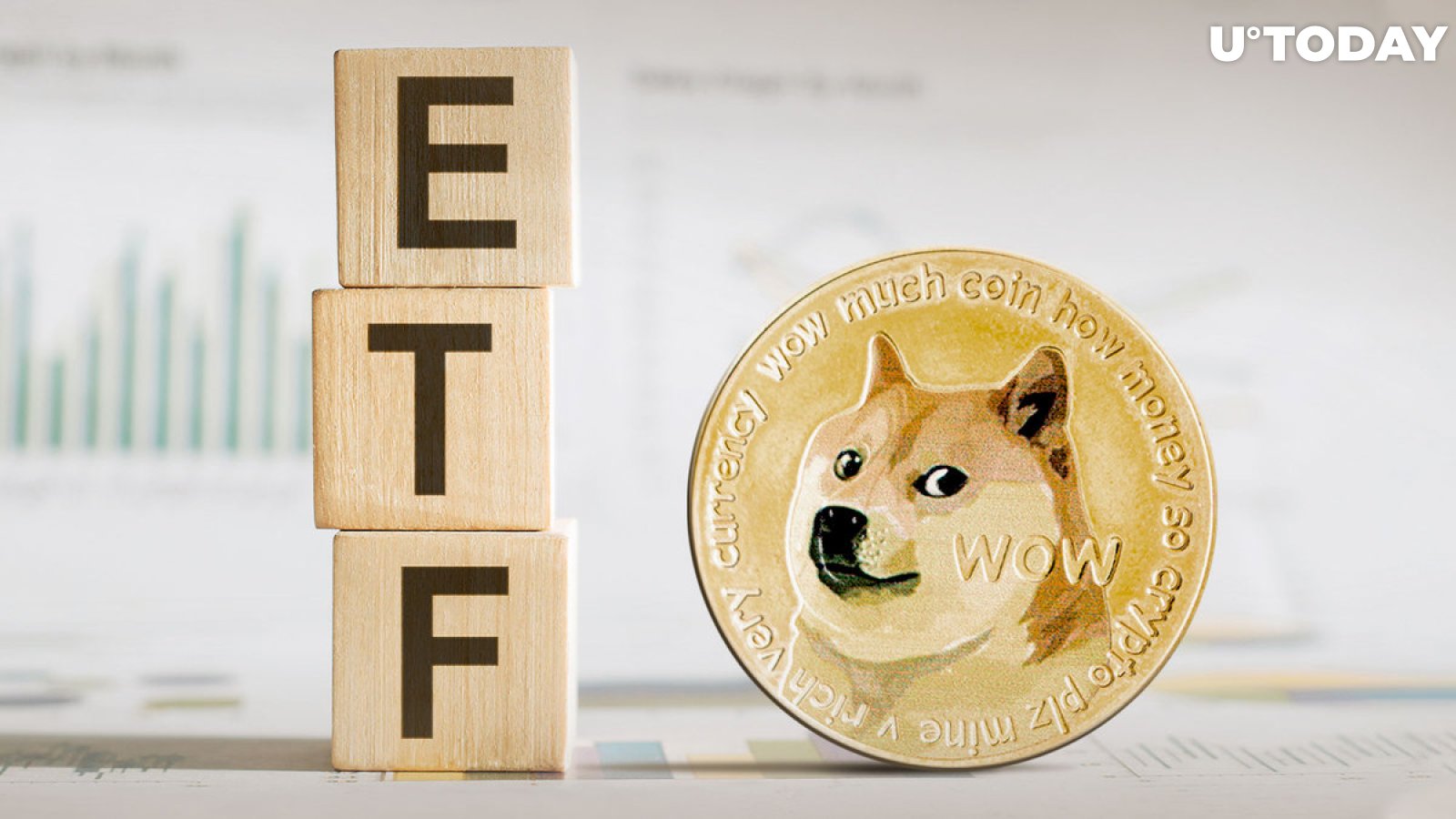
Billy Marcos, one of the creators of Dogecoin known as “Shibetoshi Nakamoto”, has given his opinion on the growing speculation regarding the possible SEC approval of a Dogecoin ETF. These talks come amid major developments in the cryptocurrency market, including the emergence of the Bitcoin ETF and the pending decision on the Ethereum ETF. Cryptocurrency enthusiasts have therefore begun to wonder who could be next to get their own similar solution.
Billy Marcos, one of the creators of Dogecoin known as “Shibetoshi Nakamoto”, has given his opinion on the growing speculation regarding the possible SEC approval of a Dogecoin ETF. These talks come amid major developments in the cryptocurrency market, including the emergence of the Bitcoin ETF and the pending decision on the Ethereum ETF. Cryptocurrency enthusiasts have therefore begun to wonder who could be next to get their own similar solution.
Although Dogecoin originated as a meme cryptocurrency, its use has continued for over a decade, and many large and small businesses around the world have adopted DOGE as a means of payment.

Market participants’ enthusiasm is fueled by the fact that Dogecoin is not classified as a security, making it a promising candidate for an ETF. For example, earlier this year, the Commodity Futures Trading Commission (CFTC) approved Coinbase derivatives futures on Dogecoin, indicating some approval from the regulator.
This approval is considered a turning point that could pave the way for traditional financial institutions to interact more formally with DOGE.
Is the Dogecoin ETF a concern?
Dogecoin is currently the eighth largest cryptocurrency, with a market capitalization of $24.25 billion and a daily trading volume of $2.86 billion. The cryptocurrency is trading at $0.168, well below its all-time high of $0.74 reached in May 2021.
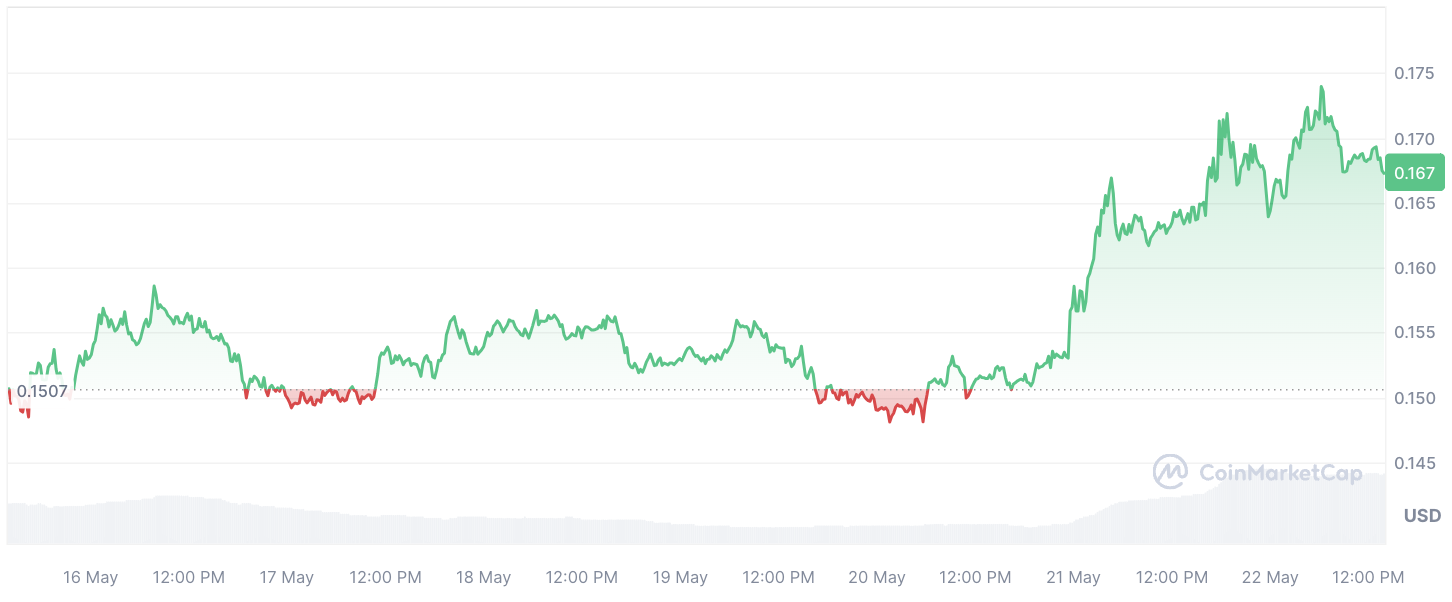
On the other hand, while the possibility of creating a Dogecoin ETF offers obvious benefits such as increased institutional participation and market legitimacy, it also raises concerns about the growing influence of traditional financial institutions in the crypto market.

 Gamza Khanzadaev
Gamza Khanzadaev
 Godfrey Benjamin
Godfrey Benjamin